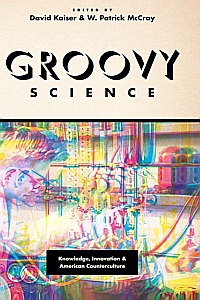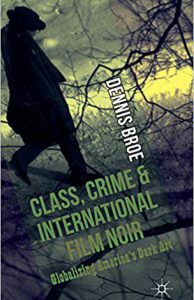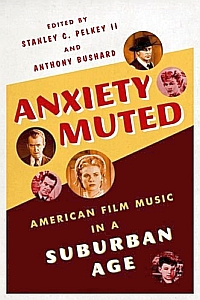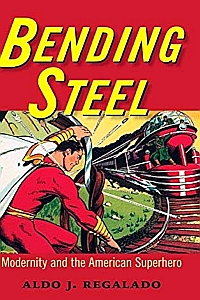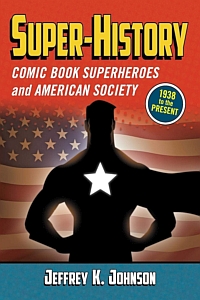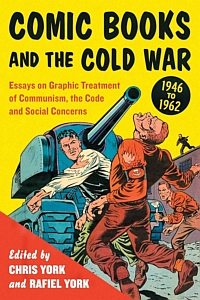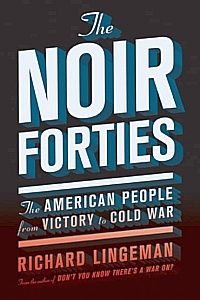Even if today many fans (and critics) of the 1960s and 1970s and the “counterculture” hold the believe that this generation, and those involved in social change were mostly anti-scientific and anti-technology, this view of the era is largely wrong. We know for a fact that back then many alternative ways of coping with life, philosophy, […]
You are browsing archives for
Tag: Cold War
Class, Crime and International Film Noir: Globalizing … by Dennis Broe (2014)
There are many different approaches to the analysis of film noir, since film studies today deal with almost any facet, be it technical, stylistic or director specific. Dennis Broe, however, has the emphasis on the social-cultural and most of all the working-class aspects of these films. He locates the origins of film noir to a […]
Anxiety Muted. American Film Music … by Stanley C. Pelkey and Anthony Bushard (eds.) (2015)
In this volume the thirteen contributors research how in audiovisual media of the 1950s and 1960s (TV and cinema), the modern anxieties about conformity, urbanization, gender and family were represented audibly, that is, in sound of any kind or the lack thereof. This could be the soundtrack, music used in the media, but also all […]
Bending Steel. Modernity and the American Superhero by Aldo J. Regalado (2015)
By examining interviews, trade magazines and even testimonies, letters, memoirs and other personal data author Regalado seeks direct impact of the superheroes on the real lives of actual people. Or rather, he aims to find out just how “the big forces of American modernity shaped the lives of Americans on an individual level and how […]
Super-History. Comic Book Superheroes and American Society… by Jeffrey K. Johnson (2012)
There are many ways to describe and finally explain not only the evolution of the comic book superhero but find causes and reasons for their change, adjustment and complete modification throughout superhero history. As World War II historian Jeffrey K. Johnson unfolds very carefully, there is mostly one explanation why the colorful superheroes changed with […]
Comic Books and the Cold War, 1946-1962… by Chris and Rafiel York (eds.) (2012)
The comic books of the post WWII years differ in many respects from their predecessors. For one reason, they (generally) invented new dangers, new villains and new challenges for the keepers of the peace, fighters for freedom and justice, aka the Superheroes and the Federal Agents, the T-Men, a moniker for government agents of the […]
The Noir Forties: The American People From Victory to Cold War by Richard Lingeman (2012)
Let us put aside for a moment the rather usual and thus “uncritical” approach to the USA in the 1940s and 1950s as a cultural, political and national whole; and now let us try to experience that world through the eyes of a fictional character in a Film Noir. Then we would sense the many […]

